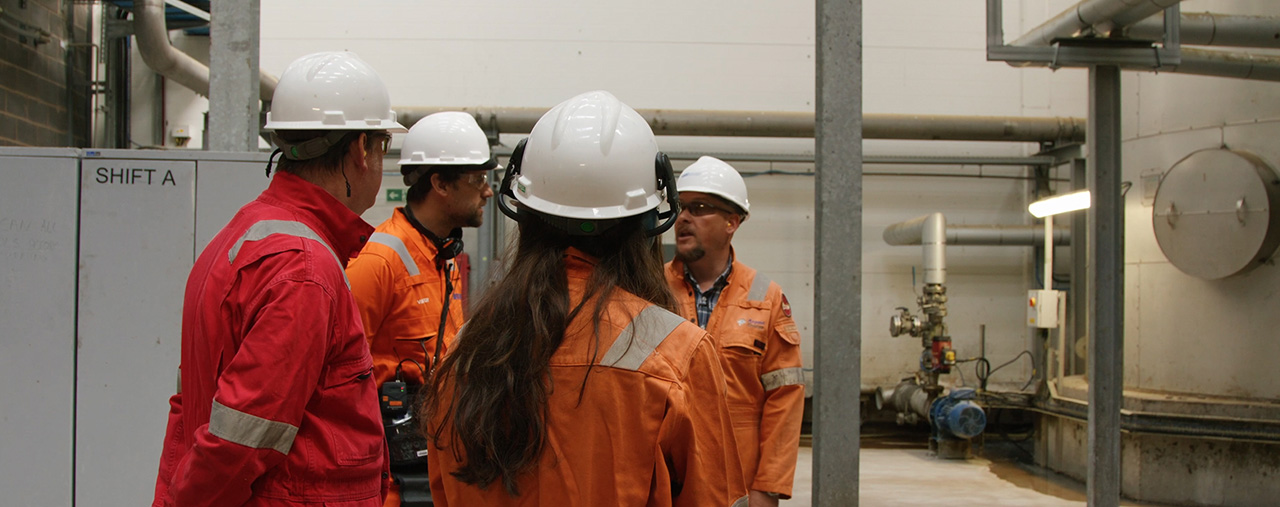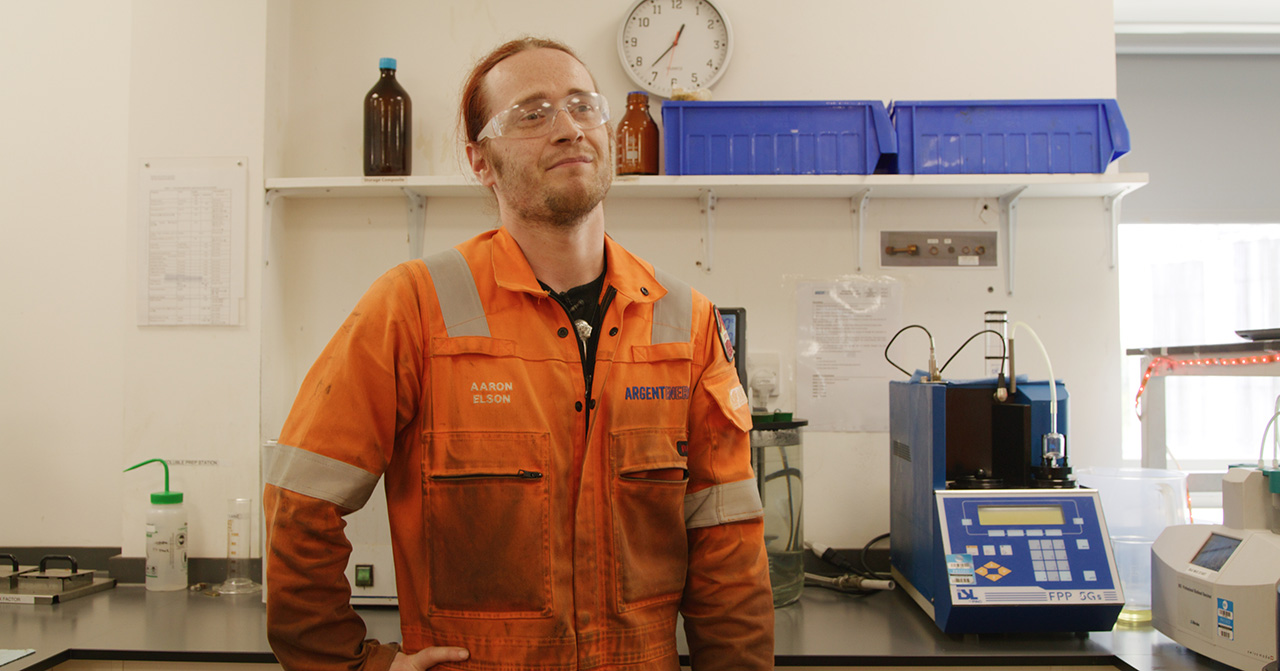In collaboration with ARGENT ENERGY – Bio tours was a 2 day workshop and live biofuel site visit with different experts from design, narrative film, to heads of chemical research and anthropology. During the ‘biotour’ local workers and site managers partook in open dialogue and future design material case studies that can come off the back end of their current biowaste production line.

The aim of the tour was to explore the potential for biowaste material innovations and uncover the challenges the workforce faces in dealing with waste fats and oils as a prime feedstock for creating biofuel.
Exploration design phases involved ground research from an anthropogenic perspective. Delving into the systems and tooling processes needed to upkeep the amount of fat and oil waste that come through ARGENTS doors, approximately 140,000 tonnes per annum.

This factory tour offers a unique opportunity for individuals to understand and appreciate the potential of biowaste material interventions within a distillation-based system. Furthermore, it highlights the importance of transforming the workforce from mere laborers to energy artisans. By participating in such educational experiences, individuals can gain a deeper understanding of waste management, sustainability, and the significance of human labor in a modern industrial context.

About ARGENT ENERGY
ARGENT ENERGY produces sustainable second generation biodiesel made from waste fats and oils with an annual production of around 250,000 metric tonnes.
We specialise in the supply of high grade sustainable biodiesel and aim to provide the best economic and environmental value to our customers due to high GHG savings of our fuel.

Our biodiesel plants are located in Motherwell (United Kingdom), Stanlow (United Kingdom) and Amsterdam (Netherlands).
Argent’s biodiesel is produced from a sustainable feedstock (waste) and sold into the international market. By-products from the production of biodiesel are upgraded and converted into value added end products such as bio fuel oil, fertiliser and glycerine. Waste streams from the biodiesel production are minimised.
We measure positive sustainability impact by calculating our Green House Gas (GHG) footprint to ensure compliance to the highest sustainability standards. The GHG emissions of biodiesel are about 90% lower than conventional (fossil) diesel. Emissions are calculated over the entire life cycle of biodiesel production, including waste collection, treatment of the product, transport in the supply chain, production of biodiesel and ultimately transport to the fuel stations.

With thanks to Dickon Posnett, Martin Kingsley, Rachel Knight-Fitzpatrick, Jamie Williams, Alan Lomax, Ian Dingle, Jan Stockel.